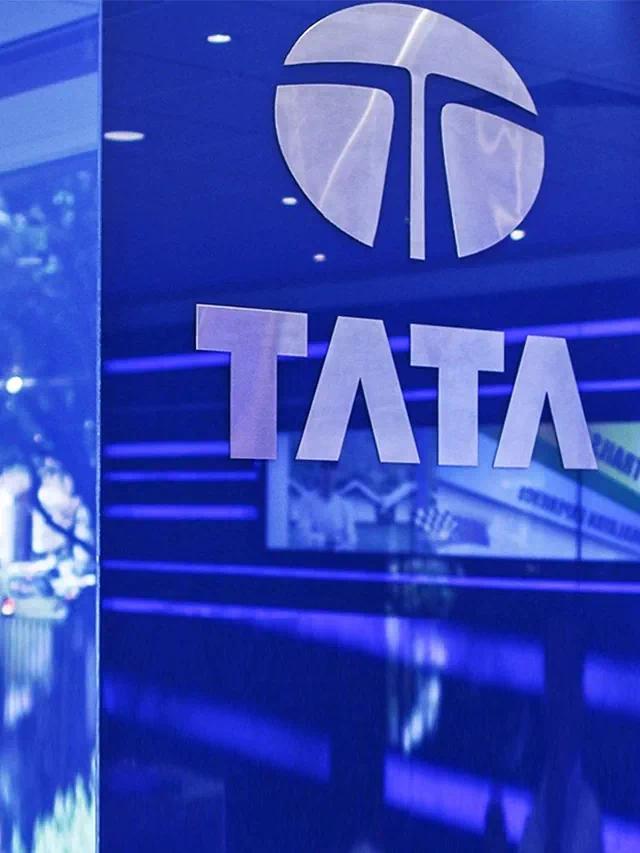Tata and Reliance are two large Indian conglomerates with diverse business interests. Tata Group is an over 100-year-old conglomerate with a strong presence in sectors such as automobiles, steel, IT services, consumer goods and more. Reliance Industries, on the other hand, is a conglomerate focused on areas such as petroleum, petrochemicals, textiles, retail and telecommunications (Jio). In terms of revenue and market capitalization, Reliance is currently larger than Tata. However, Tata has a wider range of businesses and a stronger global presence in terms of operations and brand recognition.
Tata Group is a century-old conglomerate with operations in industries such as steel, automobiles, IT services, consumer goods, and more. The group is known for its strong brand reputation and a focus on corporate social responsibility.
Reliance Industries, on the other hand, is a younger conglomerate that has rapidly grown over the past few decades, with a focus on the energy and petrochemical sectors, as well as telecommunications and retail. The company is known for its entrepreneurial spirit and innovative business strategies.
In terms of market capitalization, Reliance is currently larger than Tata, but Tata has a wider range of businesses and a stronger global presence. Both companies have a significant impact on the Indian economy and are considered leaders in their respective industries.
Both Tata and Reliance have a significant presence in the Indian economy and play a major role in shaping the country’s industrial landscape. Tata has a long history of responsible business practices and is well-regarded for its commitment to ethical standards and sustainability. Reliance, on the other hand, has been known for its aggressive growth strategy and innovation-driven approach.
Tata has a large and diverse portfolio of businesses, with a presence in sectors such as automobiles, steel, IT services, consumer goods, and more. The company is also active in international markets, with operations in over 100 countries.
Reliance, on the other hand, has a more focused portfolio of businesses, with a strong presence in the energy and petrochemical sectors, as well as telecommunications and retail. The company’s Jio telecommunications subsidiary has disrupted the market and become one of India’s largest mobile network operators.
Corporate Culture
Tata Group has a strong legacy and heritage, with a reputation for ethical business practices and a commitment to corporate social responsibility. Reliance, on the other hand, has a more aggressive and entrepreneurial corporate culture, focused on growth and innovation.
Leadership
Tata Group is led by a board of directors and has a long history of stable leadership, while Reliance Industries is primarily controlled by its chairman and largest shareholder, Mukesh Ambani.
Financial Performance
Both Tata and Reliance have consistently shown strong financial performance, with both companies consistently reporting solid revenue and profit growth over the past several years.
Social Impact
Tata Group has a strong commitment to social responsibility, with a focus on initiatives in areas such as education, healthcare, and community development. Reliance Industries has also made a significant impact in the social arena, particularly with its Jio telecommunications subsidiary, which has brought affordable internet access to millions of Indians.
Future Potential
Both Tata and Reliance are well-positioned for future growth and success, with plans for expanding their respective business portfolios and exploring new opportunities in emerging markets.
In conclusion, Tata and Reliance are both large and influential companies in India with their own unique strengths and areas of focus. Both companies have made a significant impact on the Indian economy and have bright futures ahead of them.





